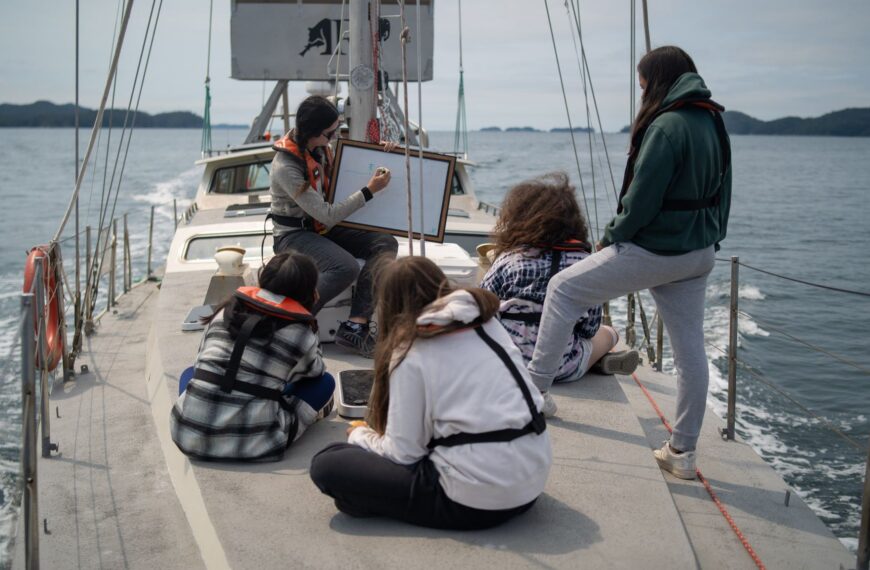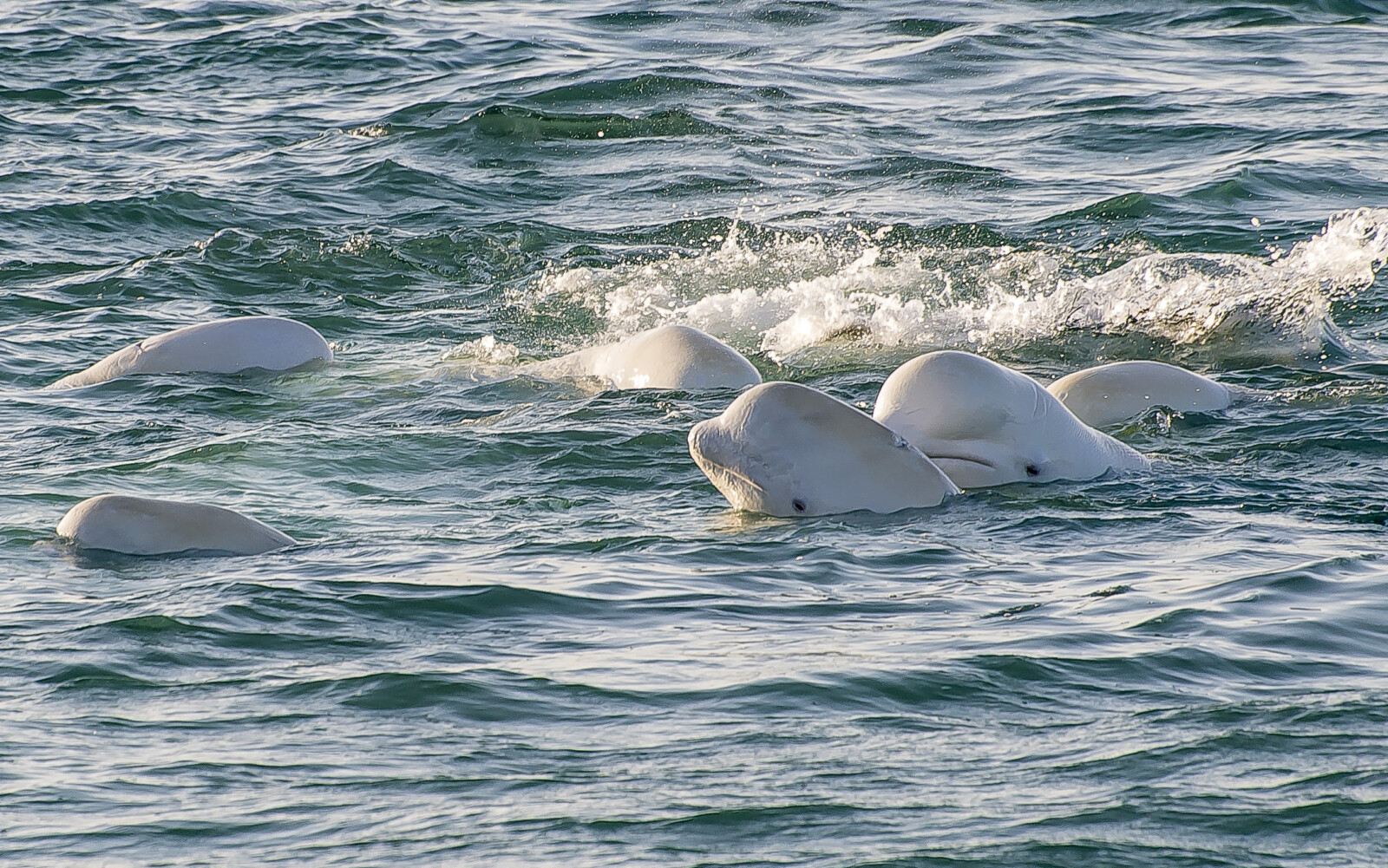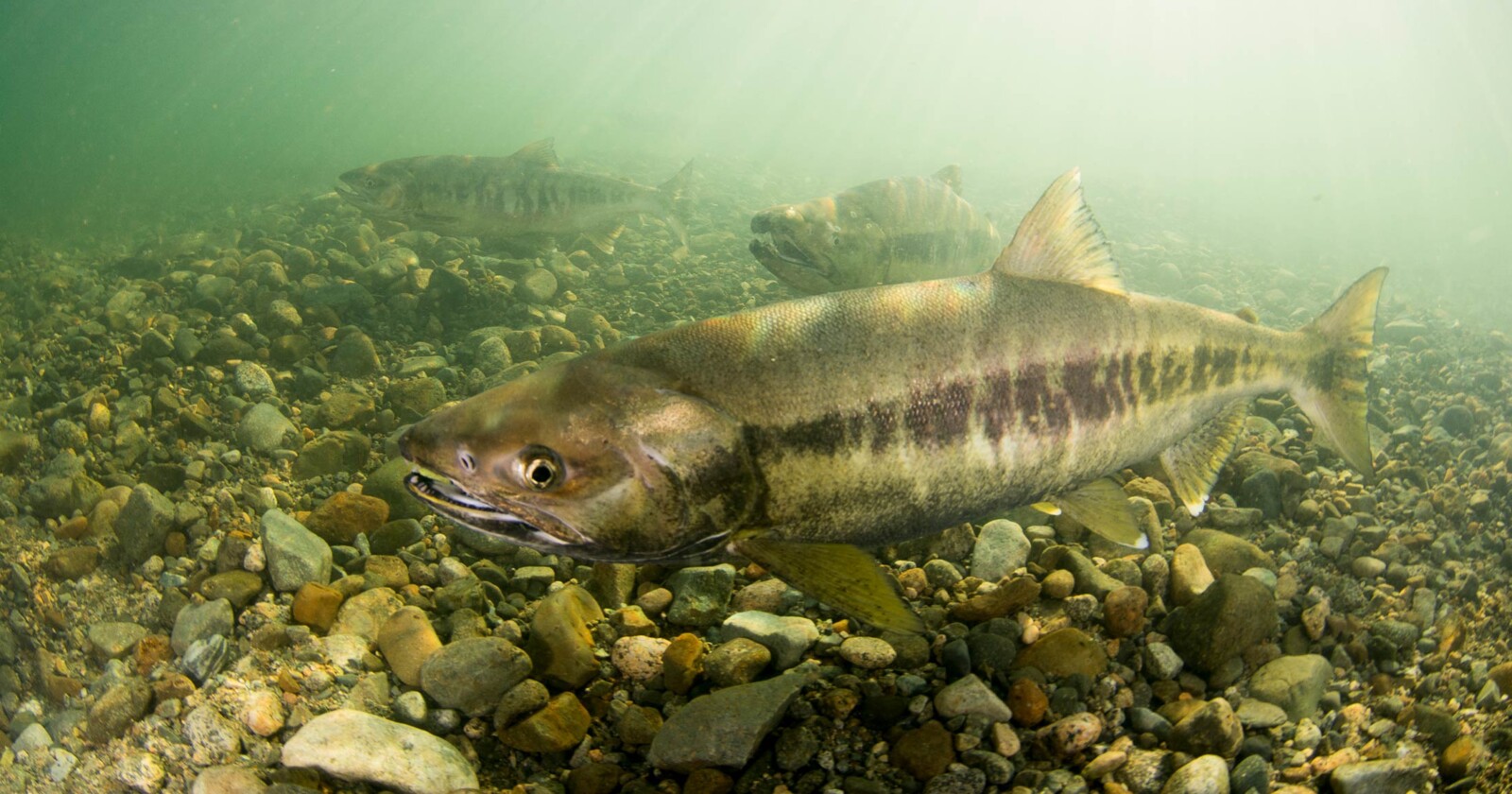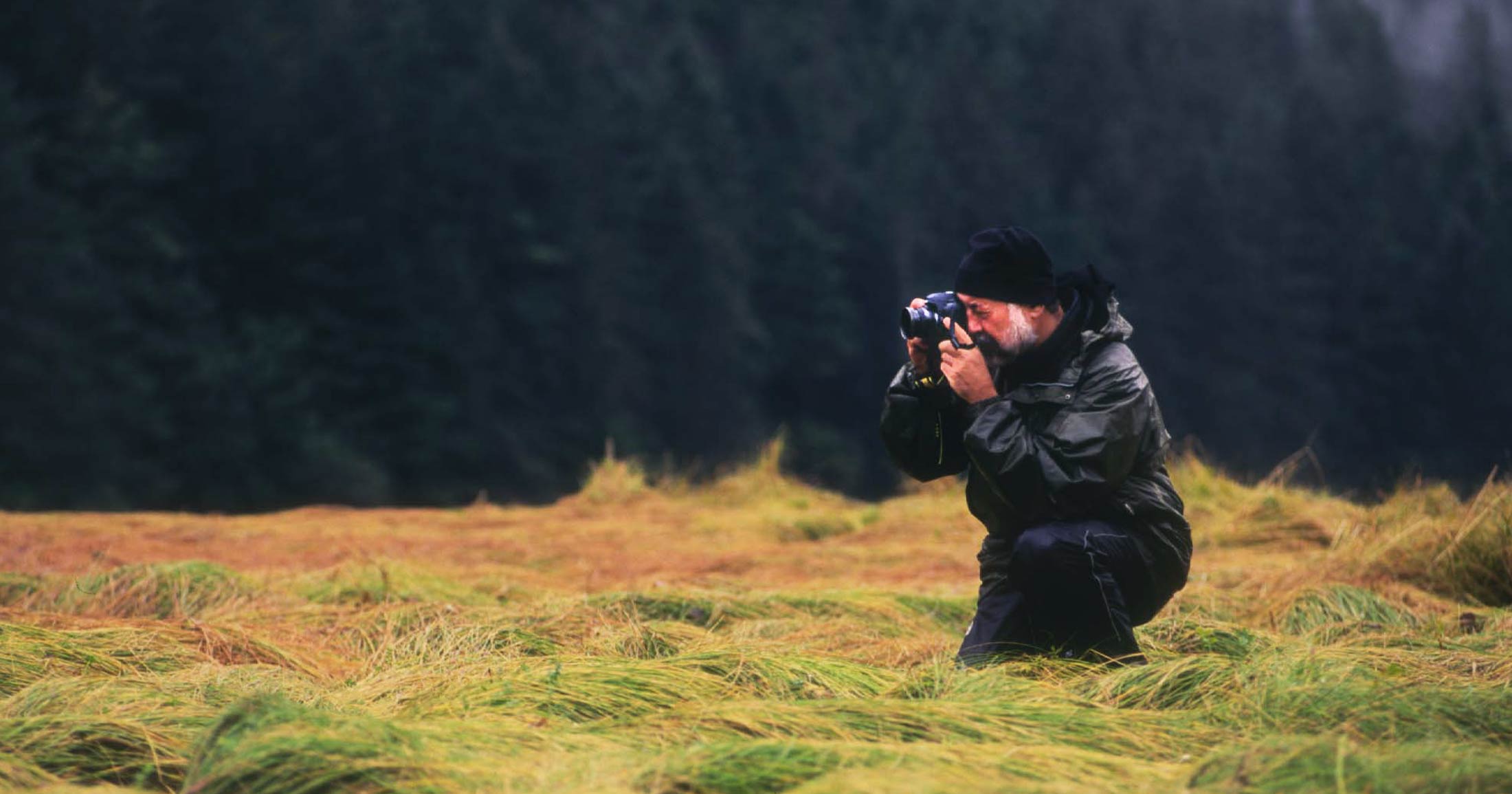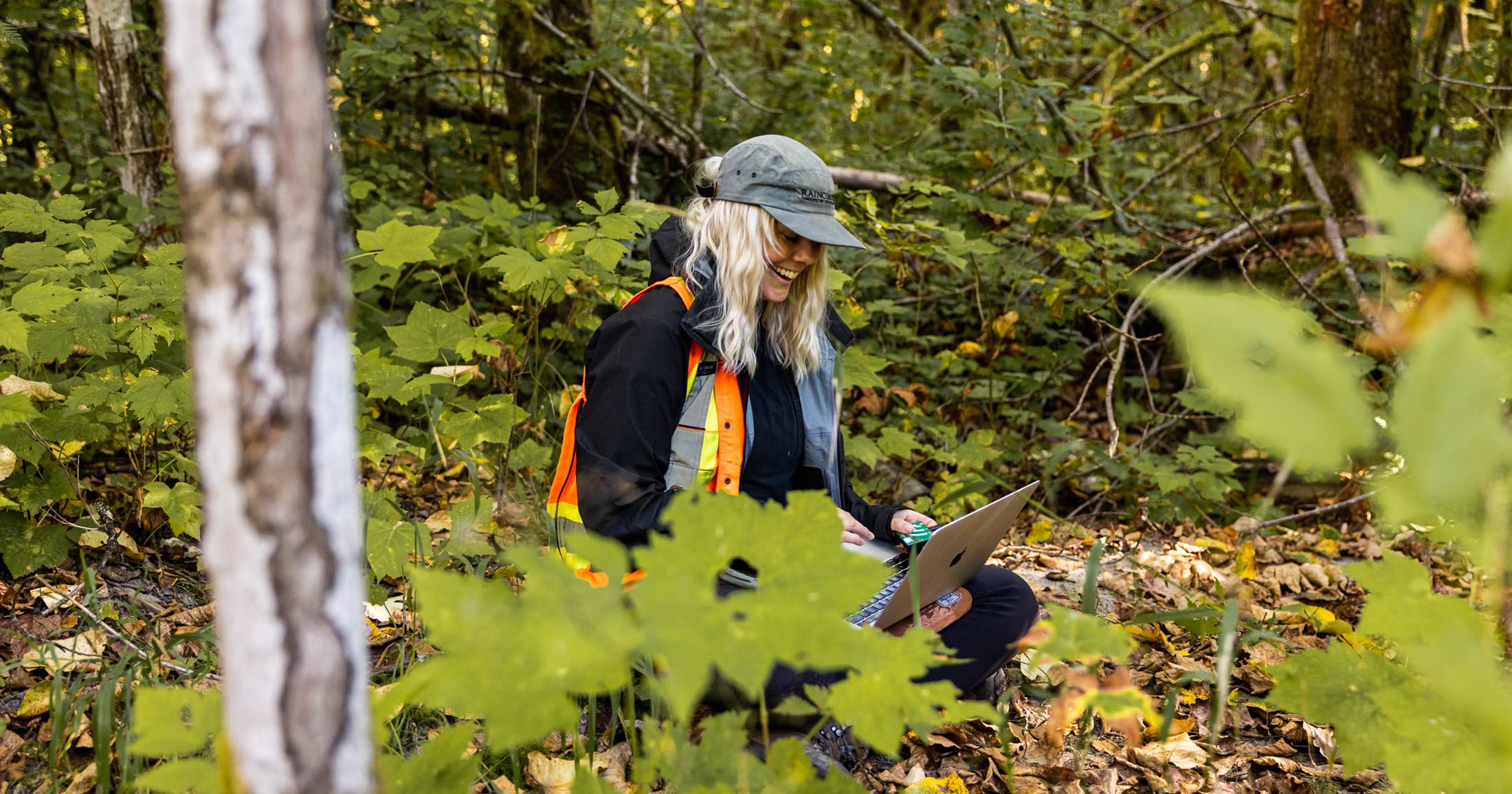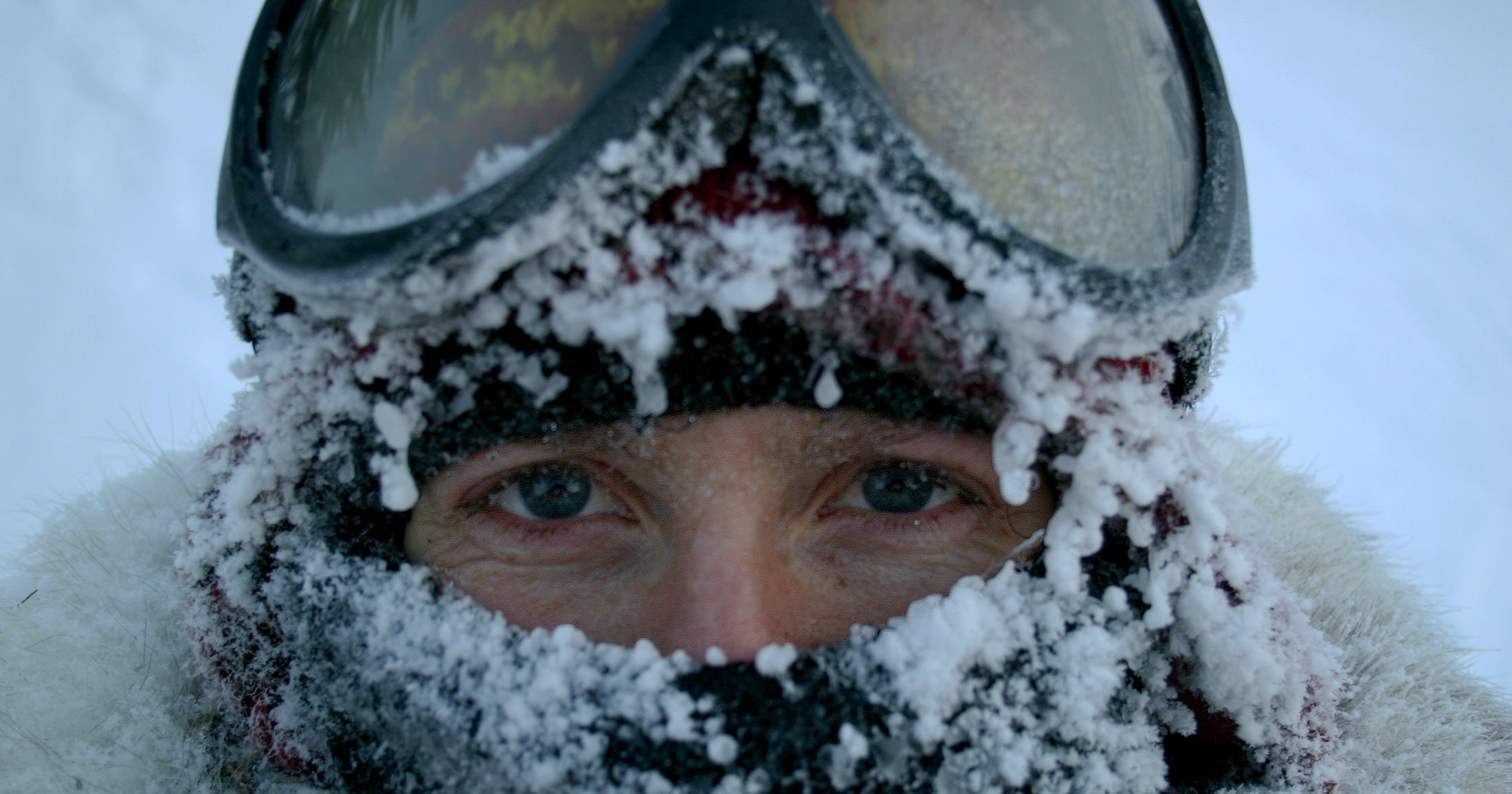Fisheries closures needed for killer whales
Closures needed on marine Chinook fisheries and SRKW whale watching
The world has watched Southern Resident killer whale Tahlequah (J35) carry her dead calf, her child, for over two weeks. It’s a visible grief. At the same time, another young whale, J50, appears to be starving. Politicians can no longer avert their eyes, or their attention, and neither can we.
We have been working with partners to compel emergency action from the federal government since February 2018 and, given the dire situation that has unfolded over the last few weeks, we are now asking that they go further than the measures we have previously called for.
The Southern Resident killer whale population needs your voice to demand that the new federal Fisheries Minister, Jonathan Wilkinson, issue an emergency order that also includes the following actions:
- Immediate closure of marine recreational and marine commercial Chinook fisheries 1.
- Suspension of all commercial and recreational whale watching targeting the Southern Residents.
- Active enforcement of these measures.
The Canadian government has the legal tools to act; similar actions restricting fisheries and whale watching are also needed on the U.S. side of the border. While we grieve the loss of yet another Southern Resident, we must also do all we can to ensure the remaining whales have the best possible chance of survival. This emergency is all too apparent.
Please email Fisheries Minister Jonathan Wilkinson today to request he act without delay.2
For the whales and the salmon.
- Many of these salmon stocks are also endangered and should not be subject to continued fishing pressure. Closing marine fisheries will allow weak populations to reach their spawning grounds and rebuild. Modelled analysis by DFO has shown that closing Chinook fisheries can improve the growth rates of SRKWs. Chinook are the primary prey of Southern Resident killer whales. ↩
- See our original petition for an emergency order. ↩
You can help
Raincoast’s in-house scientists, collaborating graduate students, postdoctoral fellows, and professors make us unique among conservation groups. We work with First Nations, academic institutions, government, and other NGOs to build support and inform decisions that protect aquatic and terrestrial ecosystems, and the wildlife that depend on them. We conduct ethically applied, process-oriented, and hypothesis-driven research that has immediate and relevant utility for conservation deliberations and the collective body of scientific knowledge.
We investigate to understand coastal species and processes. We inform by bringing science to decision-makers and communities. We inspire action to protect wildlife and wildlife habitats.



